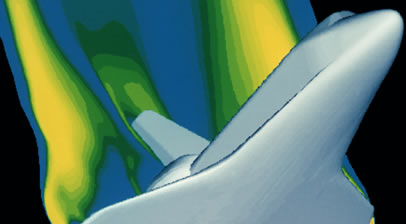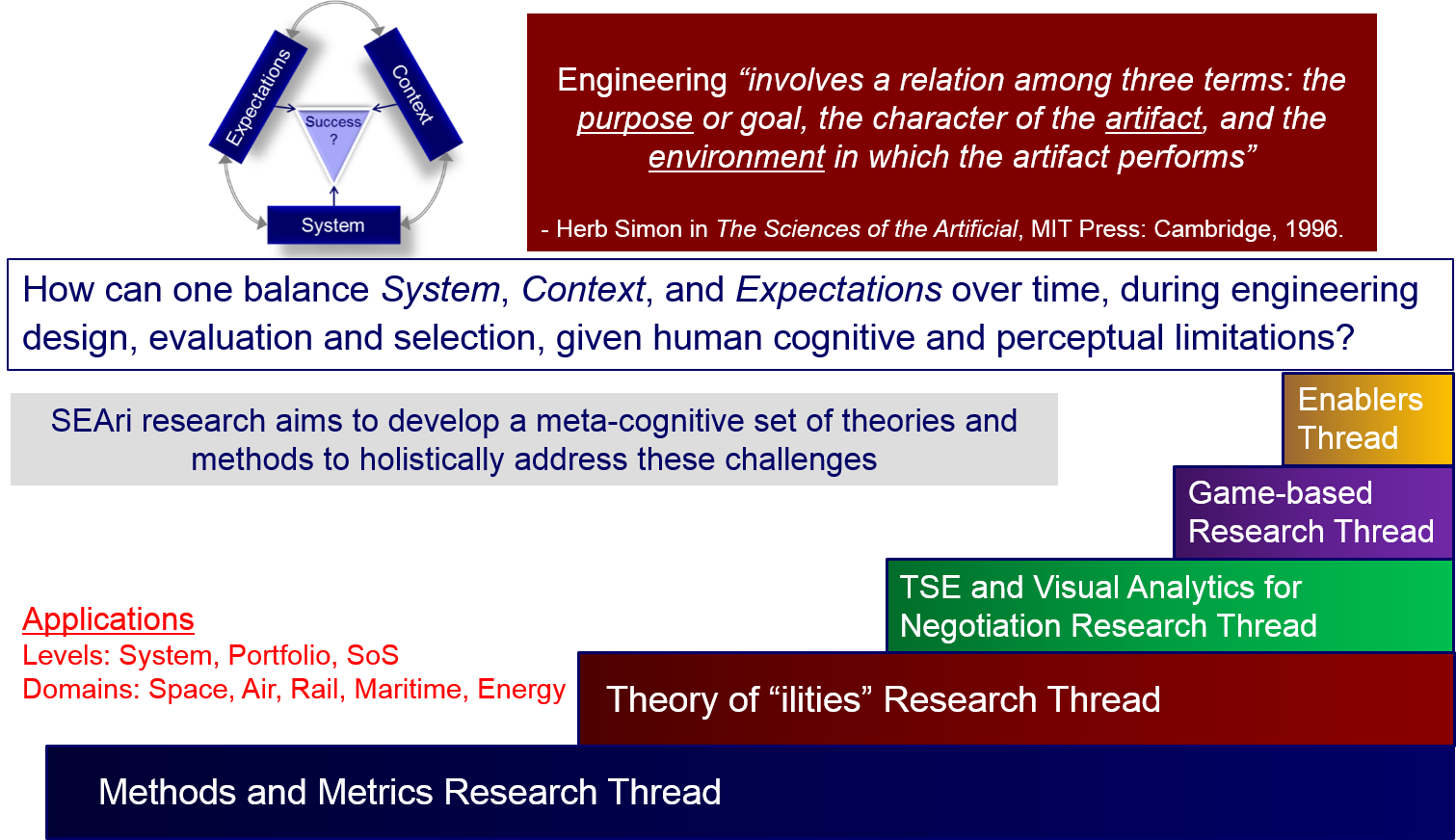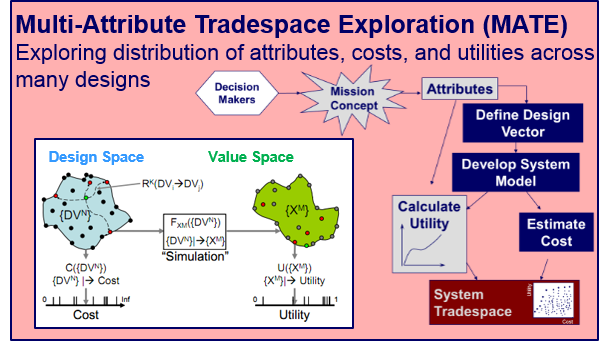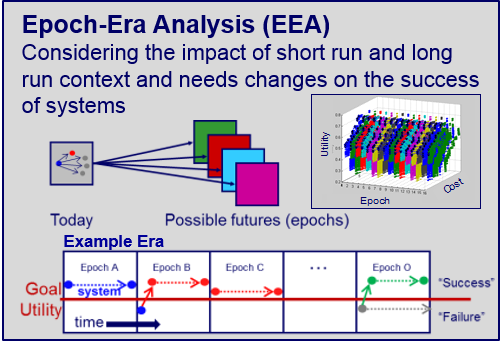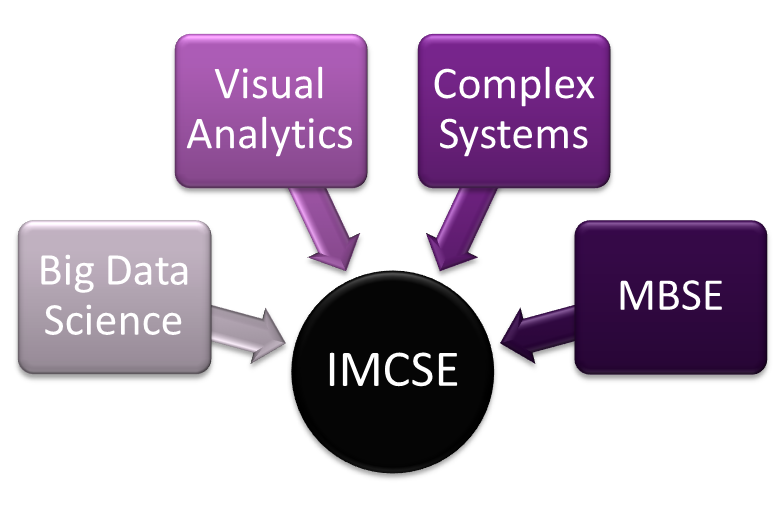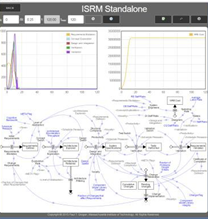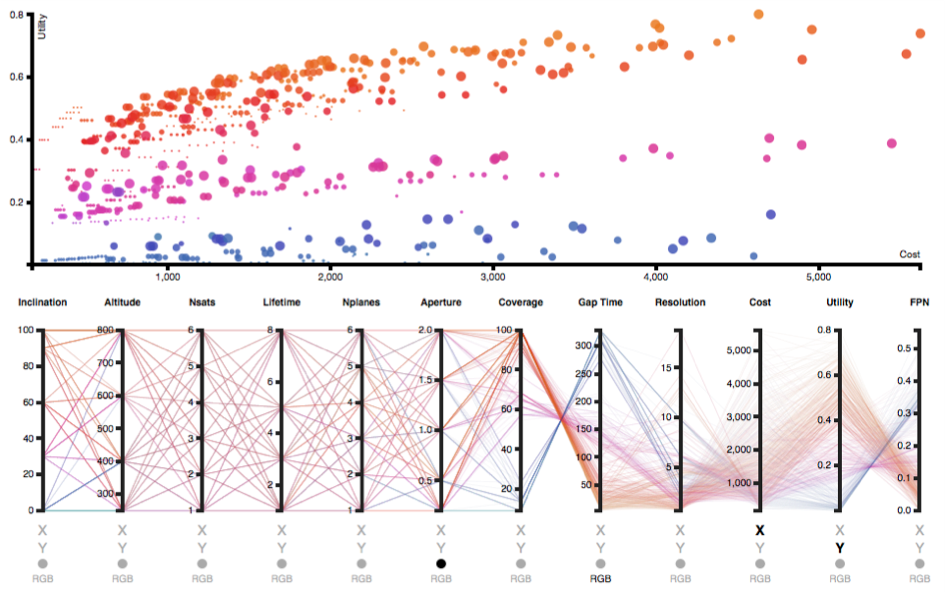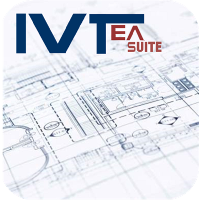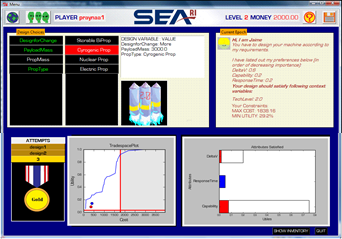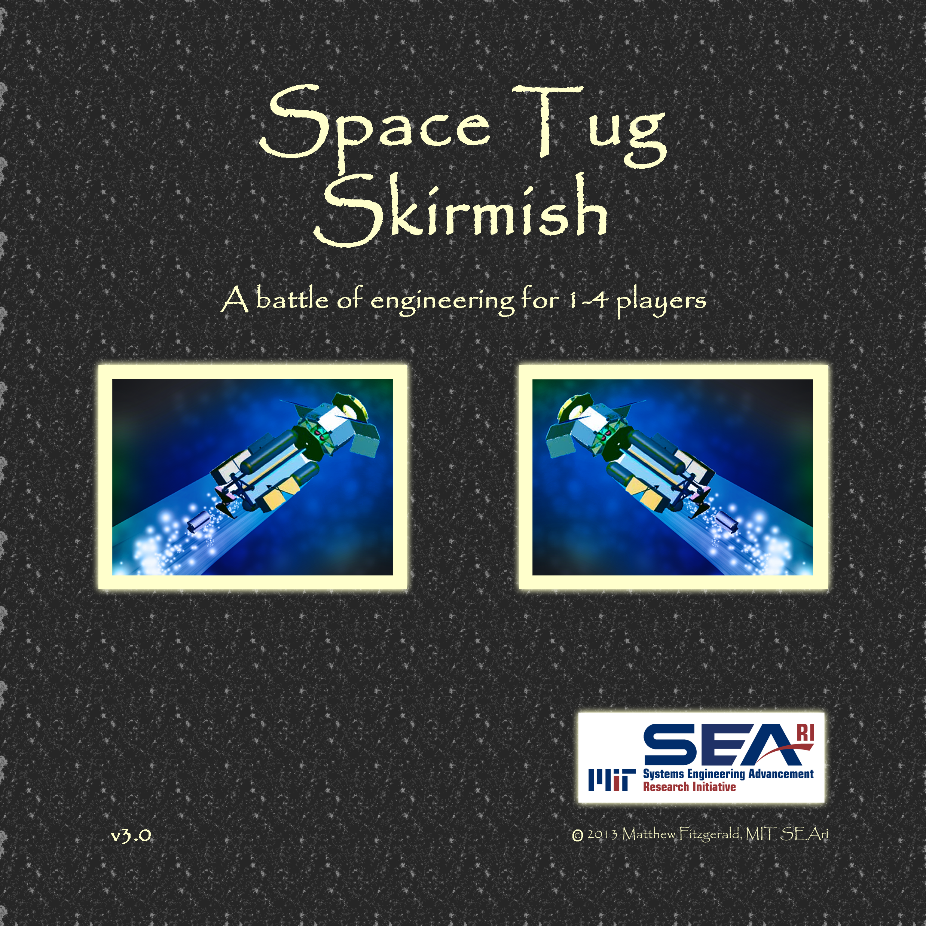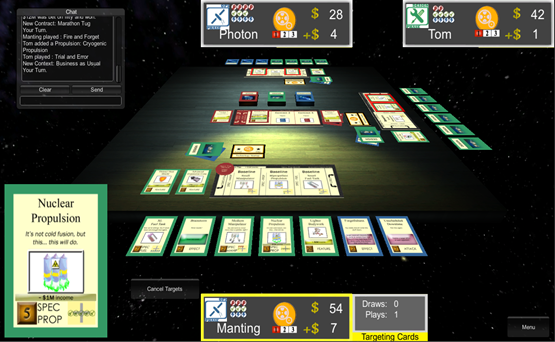Epoch-Era Analysis (EEA) is a framework designed to clarify the effects of changing contexts over time on the perceived value of a system in a structured way. The base unit of time in EEA is the epoch, which is defined as a time period of fixed needs and context in which the system exists. Epochs are represented using a set of epoch variables, which can be continuous or discrete values. These variables can be used to represent any exogenous uncertainty that might have an effect on the usage and perceived value of the system; weather conditions, political scenarios, financial situations, operational plans, and the availability of other technologies are all potential epoch variables. Appropriate epoch variables for an analysis include key (i.e., impactful) exogenous uncertainty factors that will affect the perceived success of the system. A large set of epochs, differentiated using different enumerated levels of these variables, can then be assembled into eras, ordered sequences of epochs creating a description of a potential progression of contexts and needs over time. This approach provides an intuitive basis upon which to perform analysis of value delivery over time for systems under the effects of changing circumstances and operating conditions, an important step to take when evaluating large-scale engineering systems with long lifecycles.



